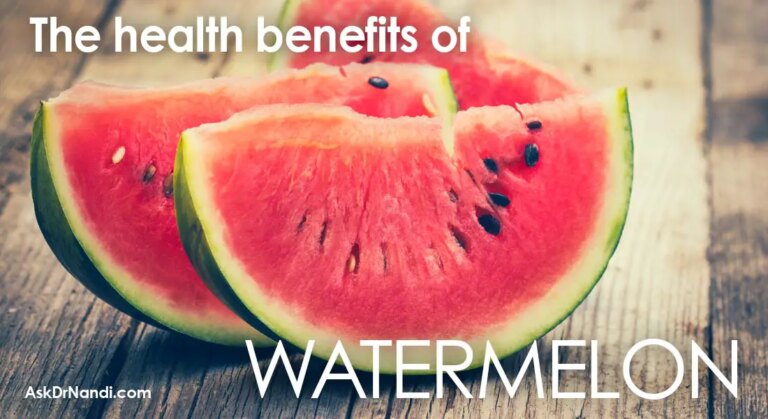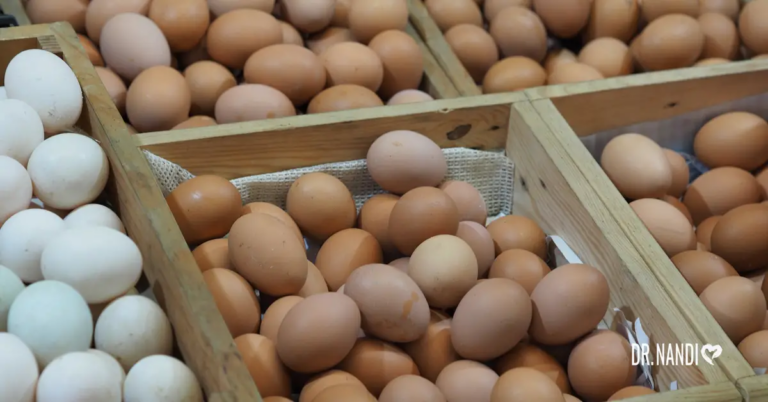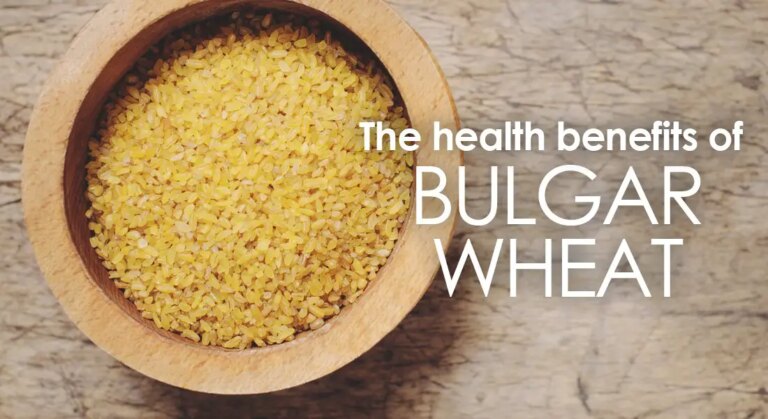Green onions, also known as scallions or spring onions, are harvested before the bulb can grow fully. They are typically thin and have long green stalks with tiny white bulbs at the end. Green onions are a popular addition to many dishes for their mild flavor and health benefits. Here are interesting facts and benefits of including scallions in your diet:
Scallions Nutrition Facts
Scallions have numerous nutritional benefits and are very low in calories. Here are some nutrition facts that you need to know:
- 32 calories
- 7.3 grams of carbohydrates
- 2.6 grams of fiber
- 1.8 grams of protein
- 72 milligrams of calcium
- 1.5 milligrams of iron
- 276 milligrams of potassium
The information above is based on a cup of chopped green onions. Additionally, scallion is an excellent source of vitamins A, C, and K.
Green Onion Health Benefits
There are numerous health benefits of scallions; these include:
Green Onions are Loaded With Nutrients
Scallions are high in vitamin C, which is involved in immune health, collagen production, tissue healing, and iron absorption. Vitamin C also serves as an excellent antioxidant in your body by protecting your cells from oxidative damage caused by rogue molecules known as free radicals.
They’re also high in B vitamins, including folate (B9) and pyridoxine (B6), which are involved in metabolism, red blood cell formation, and nerve function. Finally, they’re a good source of potassium, many minerals people don’t get enough of. Potassium is an essential mineral for muscle contractions, fluid balance, and blood pressure regulation.
Potassium is also essential to the normal functioning of cells, fluid balance, nerve transmission, kidney function, and muscle contraction.
Green Onions May Help Lower Blood Sugar Levels
Green onions are a non-starchy vegetable with a low glycemic index (GI). The GI measures how quickly blood sugar levels rise after eating food. Non-starchy vegetables like scallions have a low GI, which means they are less likely to cause spikes in blood sugar levels.
Additionally, the fiber in green onions can also help slow down the absorption of sugar into the bloodstream. It is especially beneficial for people with diabetes or prediabetes who must regulate their blood sugar levels carefully. However, you can try fiber complete supplements and Detoxification Bundle supplements for balancing blood sugar.
Green Onions May Boost Heart Health
Green onions contain the flavonoid antioxidant called quercetin. It’s been found to help decrease heart disease factors such as high blood pressure. Studies have found that the compounds found in green onions help fight inflammation. Recent research has discovered that green onions help lower harmful cholesterol levels and reduce the risk of blood clots.
Green Onions Are a Good Source of Antioxidants
One of the main health benefits of green onions is that they are a good source of antioxidants. In addition to protecting your cells from damage, antioxidants can also reduce inflammation. One type of antioxidant found in green onions is quercetin.
Green Onions Has Cancer-Fighting Compounds
Studies have linked allium vegetables like garlic and onions to a decreased stomach and colorectal cancer risk. People who ate the most allium vegetables had a 22% reduced chance of getting stomach cancer, according to a meta-analysis of 26 research.
Furthermore, a meta-analysis of 16 research involving 13,333 individuals revealed that those who ate the most onion had a 15% lower risk of colorectal cancer than those who consumed the least. Allium vegetables’ sulfur chemicals and flavonoid antioxidants have been linked to these anti-cancer effects.
Green onion consists of onion in A, a sulfur-containing chemical that has been shown in test tubes to decrease tumor development and slow the spread of ovarian and lung cancer. Fisetin and quercetin are flavonoid antioxidants found in onions.
Green Onions May Boost Bone Density
Many other foods, including onions, may assist in the development of healthy bones. Research involving 24 middle-aged and postmenopausal women revealed that those who consumed 3.4 ounces (100 ml) of onion juice each day for eight weeks had enhanced bone mineral density and antioxidant activity compared to a control group.
According to a 2008 study on 507 perimenopausal and postmenopausal women, people who ate onions at least once a day had 5% higher bone density than those who ate them only once a month or less. In addition, the research found that older women who consumed onions daily had a 20% lower risk of hip fracture compared to those who didn’t eat onions regularly.
Onions aid in the reduction of oxidative stress and increase antioxidant levels, which can help prevent osteoporosis and increase bone density like the OsteoProtect supplement.
Scallions May Boost Digestive Health
Onions are high in fiber and prebiotics, essential for healthy gut function. Prebiotics are non-digestible forms of fiber that are consumed by beneficial gut bacteria. Gut bacteria consume prebiotics and produce short-chain fatty acids, such as acetate, propionate, and butyrate.
These short-chain fatty acids have been shown in studies to improve gut health, enhance immunity, lower inflammation, and improve digestion. Furthermore, foods high in prebiotics help to increase probiotics such as Lactobacillus and bifidobacteria strains that are beneficial for digestive health.
Inulin and fructooligosaccharides found in onions may help enhance calcium absorption. These nutrients help increase the number of good bacteria in your intestine and support immune function.
Frequently Asked Questions
Are green onions safe for pregnant women?
Eating green onions while pregnant can be helpful. But it is always a good idea to avoid extremes during pregnancy.
How long do green onions stay fresh?
Stored in a plastic bag in the vegetable crisper of a refrigerator. It will usually keep well for 1 to 2 weeks.
Are there any side effects to consuming green onions?
Some people may suffer skin irritation or eczema following skin contact with onion. The aroma of a cut green onion may cause tearing of the eyes, and some people with more sensitive stomachs can have some pain.
Discover different ways how you can include scallions in your daily diet. Get a FREE copy of my Superfood Cookbook.
References:
- Onions, raw, spring or scallions (includes tops and bulb) nutrition facts and analysis. (nutritionvalue.org)
- Effects of a quercetin-rich onion skin extract on 24 h ambulatory blood pressure and endothelial function in overweight-to-obese patients with (pre-)hypertension: a randomised double-blinded placebo-controlled cross-over trial – PubMed (nih.gov)
- Effects of raw red onion consumption on metabolic features in overweight or obese women with polycystic ovary syndrome: a randomized controlled clinical trial – PubMed (nih.gov)
- Dietary onion intake as part of a typical high fat diet improves indices of cardiovascular health using the mixed sex pig model – PubMed (nih.gov)
- Garlic and Onion Attenuates Vascular Inflammation and Oxidative Stress in Fructose-Fed Rats – PMC (nih.gov)
- Effect of quercetin-rich onion peel extracts on arterial thrombosis in rats – PubMed (nih.gov)
- Onions: a source of unique dietary flavonoids – PubMed (nih.gov)
- Habitual intake of anthocyanins and flavanones and risk of cardiovascular disease in men – PubMed (nih.gov)
- Preventive and Therapeutic Potentials of Anthocyanins in Diabetes and Associated Complications – PubMed (nih.gov)
- Effects of anthocyanins on the prevention and treatment of cancer – PubMed (nih.gov)
- High anthocyanin intake is associated with a reduced risk of myocardial infarction in young and middle-aged women – PubMed (nih.gov)
- Chives: Nutrition, benefits, and how to use (medicalnewstoday.com)



























